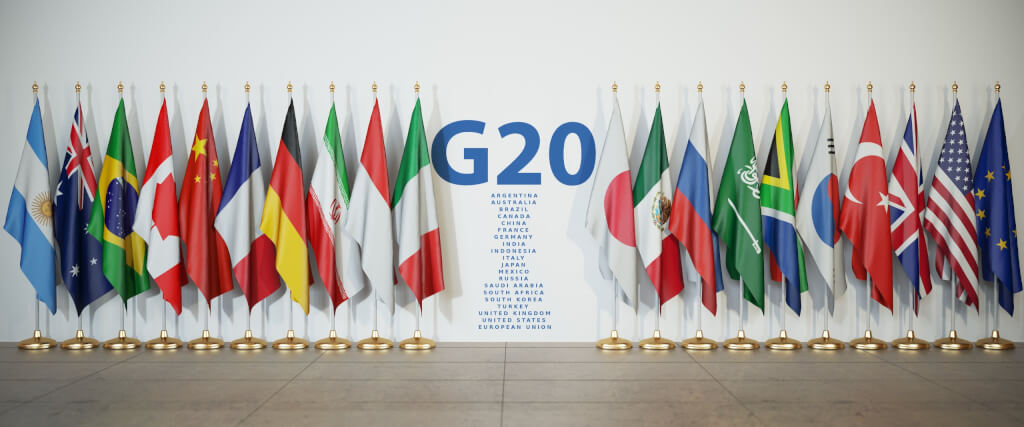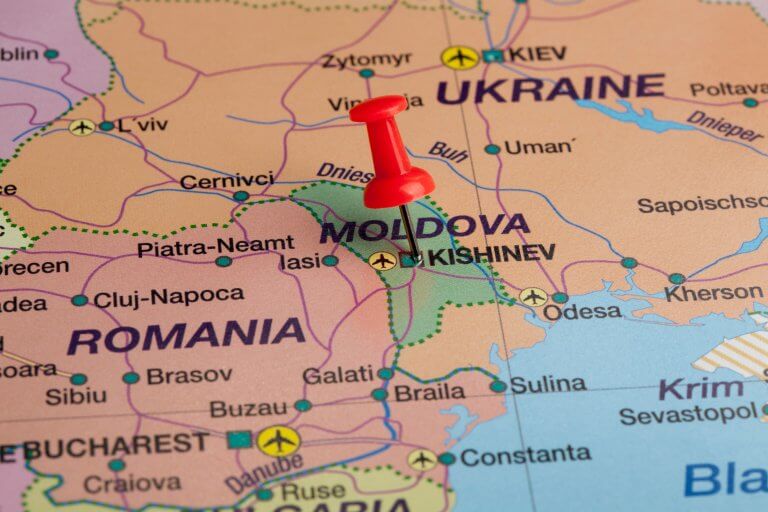
Volodymyr Zelensky at the G20 Summit – an “imaginary” but desirable alternative to Vladimir Putin for the West
After the start of the Special Military Operation in Ukraine, the West attempted to apply its favorite “culture of cancellation” to Russia. In the political sphere, this had to be expressed in the transformation of Russia into a rogue state for the entire “world community”. Of course, in the implementation of this concept, Russian political leaders were to become undesirable “persona non grata” on any international platforms. They should either not be invited to such forums or if they were present, be “showered” with a wave of contempt and ignored tellingly.
After 1991, the term “global community” was, in fact, privatized and associated strictly with the United States, European countries, Canada, Australia and Japan. At that time, it was easy for these states to implement such a “blockade”, and they could easily push such countries as Iran and North Korea to be recognized as part of an “evil axis”. However since then, the global balance of power has changed dramatically. In addition to the Western countries, which are a single political bloc led by the U.S., the G20 includes such economic giants and independent players as China, India, Brazil, Indonesia, Turkey and Saudi Arabia. These countries have their own idea of who to consider as an outcast, and with whom to communicate and negotiate at various summits and conferences. The fact that their views often do not coincide with the one of the West was well demonstrated at the July G20 Foreign Ministers Meeting, where efforts by U.S. Secretary of State Antony Blinken to boycott Sergey Lavrov were unsuccessful on the part of most participants in the event.

Nevertheless, the West did not give up in the policy of “cancellation”. On November 15-16, the Indonesian island of Bali will host the G20 Summit and it quickly became clear that, despite the disapproval of the West and the U.S., Vladimir Putin would attend the summit. The West began its attempts to prevent Russia’s participation in the summit and actually exclude it from the club of 20 most developed countries of the world back in April. Joe Biden said that Russia should be excluded from any international institutions, but “non-Western” countries did not support the White House, as expected. In such a situation, a peculiar “alternative” was suggested – to bring in Vladimir Zelensky as an observer. By its economic and political weight, Ukraine could hardly claim to be an “observer”, and an aggressive information campaign, where the President of Ukraine was presented as the main “fighter for freedom” in the world, had its effect. Some of the countries that are conditionally “in opposition” to the U.S. have started leaning towards some kind of compromise. The suggestion of a meeting and talks between Zelensky and Putin was even seriously discussed as part of this event. Thus, according to José Tavares, Indonesian Ambassador in Russia, Jakarta “would be very happy” to facilitate such a meeting, but the Kiev authorities have not yet approached Indonesia with such a proposal.
However, not everyone shares this “peacekeeping” aspiration: Moscow and Beijing are still against turning the G20 into a platform where the Ukrainian agenda is imposed. Because of such actions, the work of the G20 may be completely disorganized by political gestures and “circus”. The Bali summit could become one big scandal if Zelensky is brought there. There is a clear understanding that the Eastern countries do not want the summit to turn into a solely discussion about Ukraine. They see the Ukrainian case as a “headache” for the West, and therefore they do not want to discuss it at all. So there is a good chance that Zelensky, an “imaginary” but much-desired alternative to Vladimir Putin for the West, risks not to show up at this serious and not at all theatrical event, at which Zelensky can obviously be in his element.

